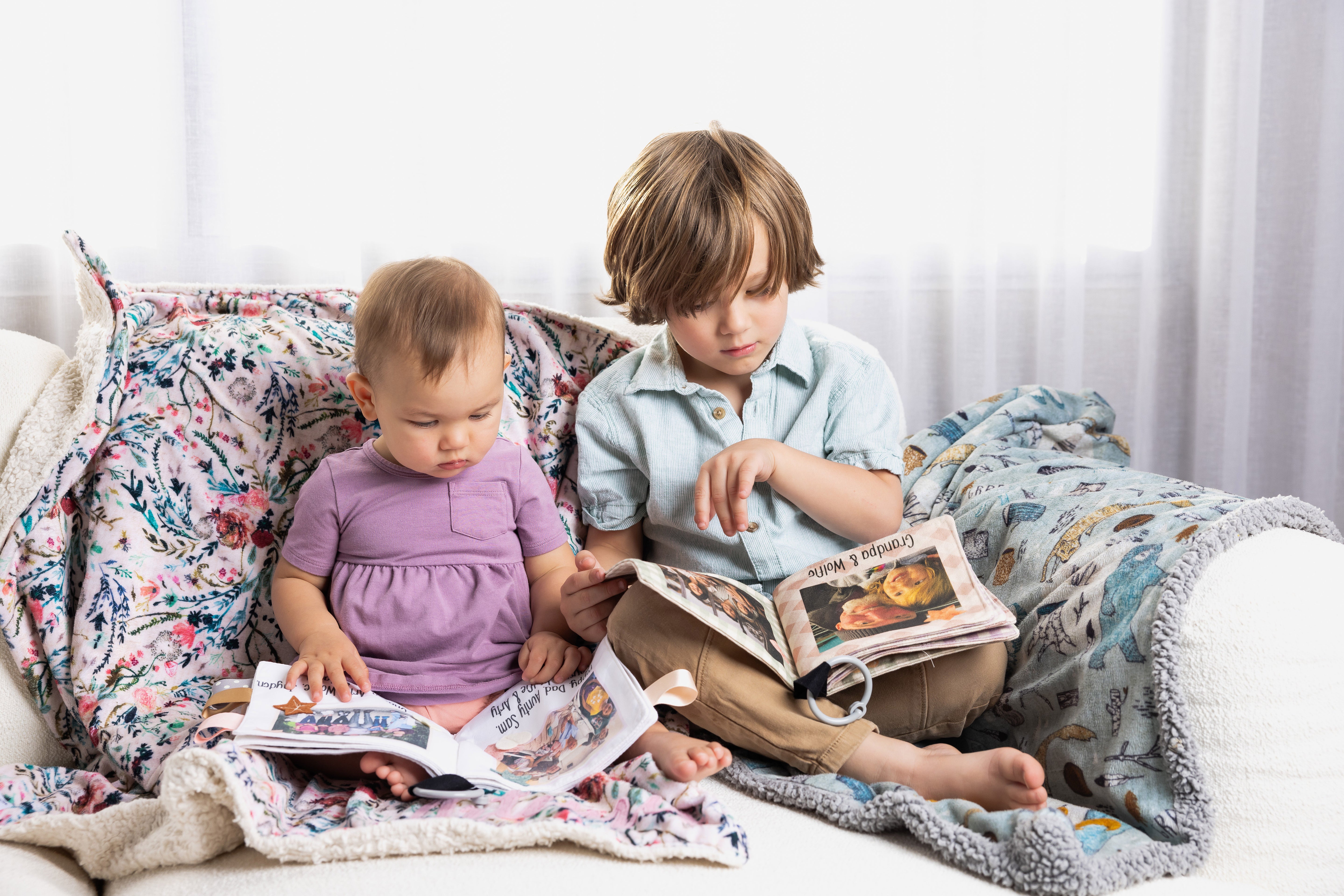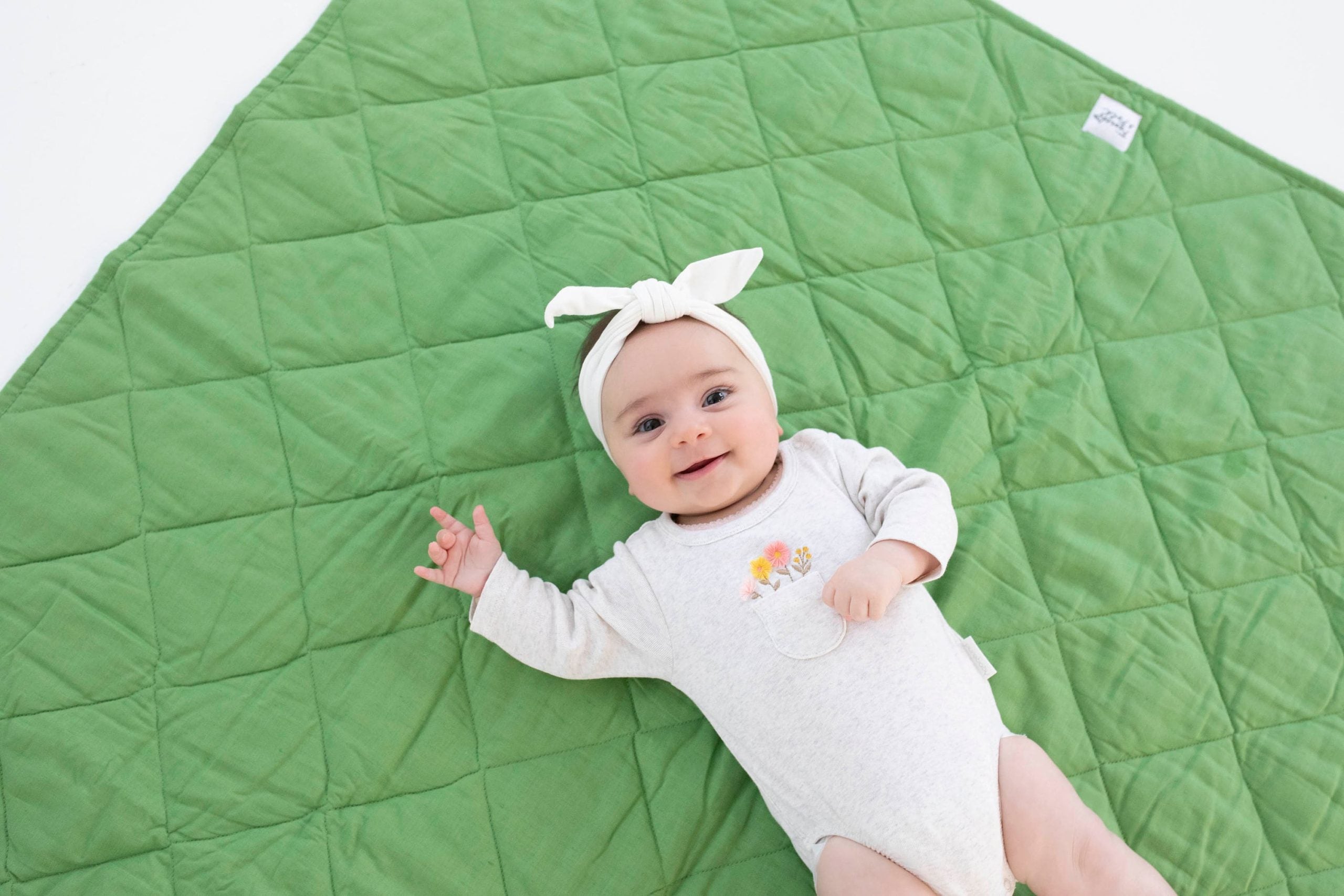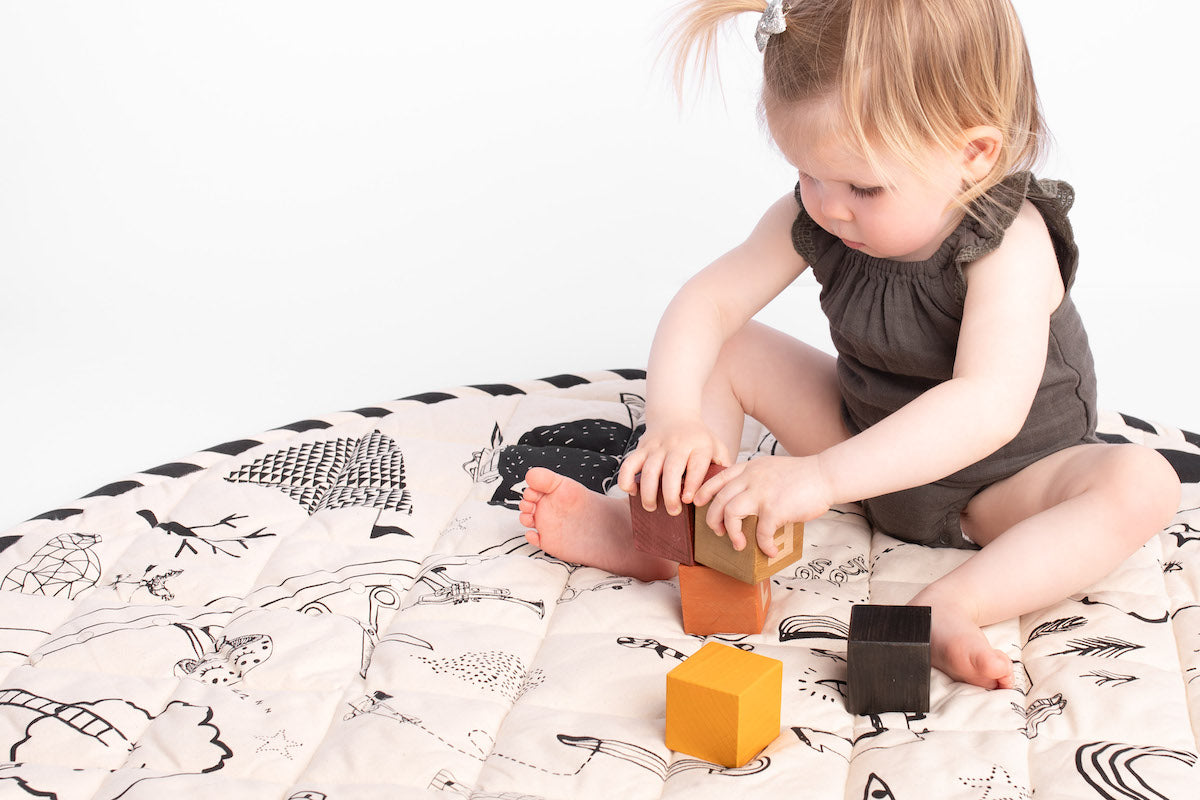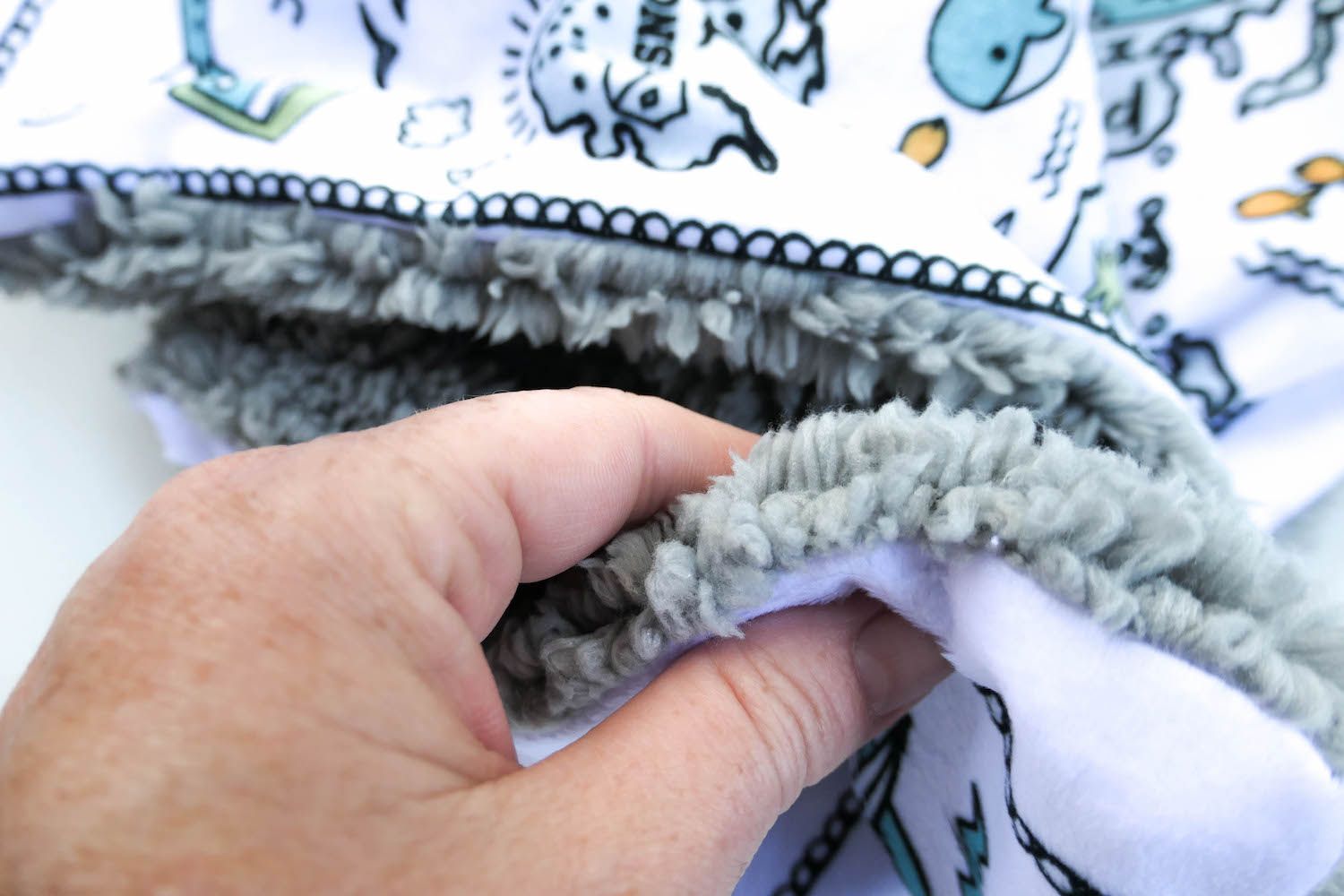Why choose organic cotton ?
Organic. Organic. Organic. It’s everywhere right? In a million marketplaces it’s a buzz word that savy ‘spinners’ caught on to and have drenched our everyday vocabulary with for the last few years. It’s a word that people originally gravitated to en masse as it seemed that production was becoming a little more ethical and honest – and that as a flow on effect advertising was in turn growing to be a little more socially conscious.
Finally as consumers we were being given more information about what we were buying, it’s origins and hence were being rewarded with the pleasure and the privilege to make informed decisions of what and where we purchased it.
Surely this had to be only positive … alas like many words that lose their sincerity under a heavy blanket of gimmicks and over saturation the word stands to lose its potency – and organic is in fact one of those words that should matter and organic is a word that does matter because it’s an industry as a whole that largely matters.
The truth is that as an individual and a Mother I am equally as passionate about the organic industry as I am as the Director of Finch & Folk.

The simple matter is that I entered a general marketplace full to brimming with competitors offering what is at its core similar products on an incredibly large spectrum of aesthetics and materials all at different price points, but I felt in such a vast industry organic fibres and the importance of using organic fibres was at large incredibly under represented.
I wanted Finch & Folk to stand for something more than what was already out there. I wanted to not only honour organic fibres but I wanted to celebrate it with beautiful design and offer families much alike my own the chance to love something textile and REAL, to know that it was made to last and to choose a product that tangible and something so much more than mass manufactured but instead crafted.
I wanted to create something that was kind – and above all I wanted to create something that I ultimately believed in from conception through to delivery.
Why Organic Cotton ?
Organic cotton is a fibre with the intent purpose of being ‘built’ to last and whilst organic cotton products may ‘seem’ more expensive upon initial purchase the reality is that compared to cheaper imitations they last so much longer.
An organic cotton material is designed to last 100+ washes before the fibres slowly give and start to breakdown, whereas synthetic type / conventionally manufactured cotton typically last 10-20 washes before it begins to wear down largely due to the incredibly heavy handed process of dying, bleaching, chemical scouring, flame and soil retardants and formaldehyde treatments before it’s even been cut. In choosing organic products for your children the reality is that not only is the product crafted to last, but it also seriously cuts down on their exposure to toxins on such young and delicate skin.

How is Organic Cotton Farmed?
Organic Cotton is not farmed in conventional modern methods. Rather than drench crops with Pesticides there are no pesticides used at all, methods such as crop rotation, physically tending to the crop, hand hoeing and manually removing weeds not to mention introducing beneficial insects to crops to counteract the pesky ones all result in a crop with vastly improved soil quality, unrivalled crop water quality and even better working conditions for workers.
A roll on effect of organic farming and eliminating hazardous toxins and synthetic pesticides in its production also means organic cotton farming creates a sustainable future for farming families.
The final result is a product that is toxin free and durable beyond standards, that protects not only the health of our families, and those who have created the fibre in the first place but also the environment as a whole.
Cotton and Your Child
As adults we have all likely worn organic cotton at some stage of our lives – think of what it feels like to wear fresh cotton shirt and how it feels like you are wearing the fibre rather than it wearing you. Organic cotton feels so much softer – because it is.
Free from scratchy trace elements and toxic chemicals over cotton is non allergenic therefore, you don’t have to worry about baby breaking out in rashes or eczema. Cotton is also perfect for babies who suffer from asthma because unlike other materials, it does not release small particulate matter that can trigger asthma attacks.
Young skin – such as a baby’s is essentially fragile. Thinner, more porous and still missing the oil that develops as we grow to act as natural barrier and protect the skin, a baby’s skin also produces less melanin which is the element in our skin that protects against sunburn.
This is why from birth we are taught to be as gentle as possible with young skin, and pay strict attention to things such as body temperature as babies bodies are still learning to self-regulate and sweat efficiently, therefore making it harder for them to maintain their inner body temperature in the same way that an older child or adult can. What this means is that children are at a much greater risk of toxin and pesticide related health problems than adults.
For better or for worse we now live in a society where we have incredible access to information and the ability to make informed decisions. Whilst we have such access it can be incredibly overwhelming too and sometimes just plain difficult to get to the real information at hand.

For me creating a pure, natural and kind environment for my own kids was as vital and conscious of a decision as it continues to be for many families. One small decision can create an incredible roll on effect and the growing awareness of the benefits of organic fibres has increased its demand and in turn lowers its cost.
As awareness continues to permeate and demand sees the industry grow more and more farmers and brands will resonate with organic methods which by and large will see a constant decrease in cost and create an increasingly healthier environment.
WIN/WIN for everyone.
With Much Love x Rachel x









